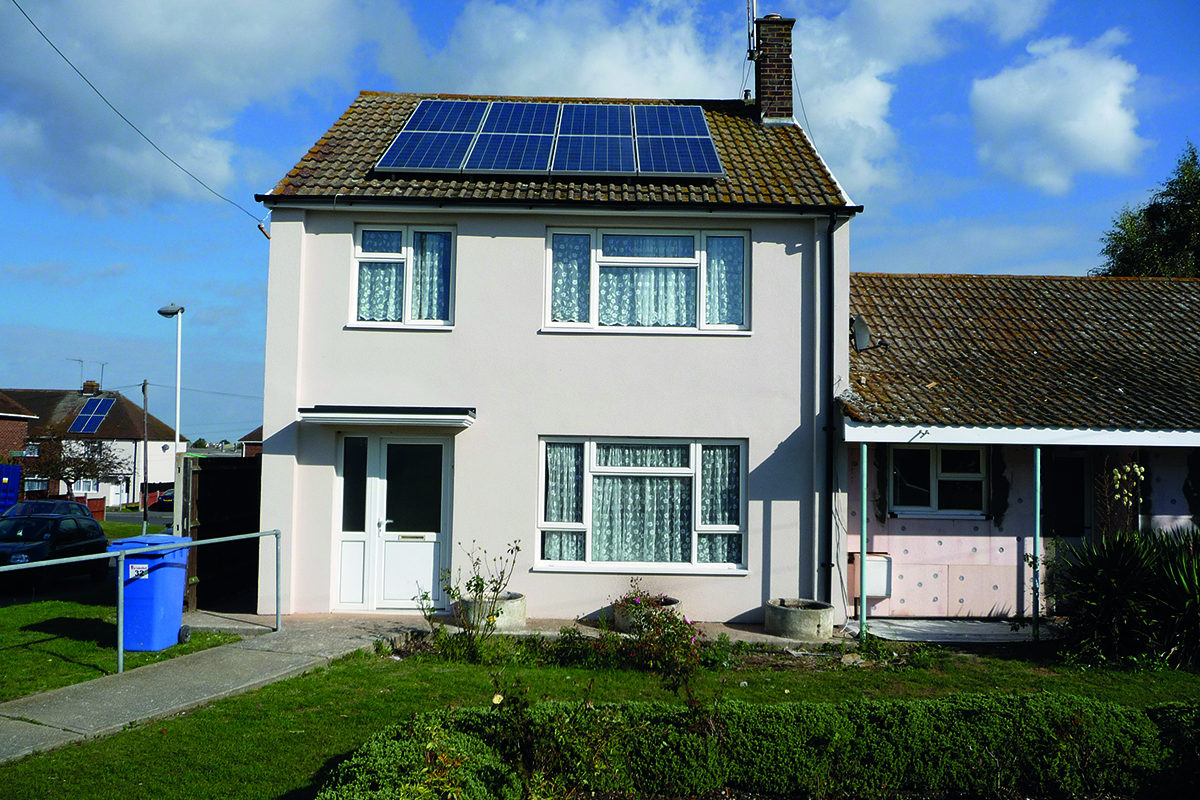Sustainability across all tenures
Sustainability should be a must for new homes of all tenure, says Bevan Jones at Sustainable Homes
Article written by

This year, Sustainable Homes will launch its review of the sector, ‘Safe As Houses?’, at The Fringe at Housing 2017, the CIH conference and exhibition, in Manchester.
To say that things have changed since the last review in 2015 is an understatement. Sustainability and climate change have taken a back seat to other immediate issues, despite long-term commitments and increasing climate action among many nations.
While governments will always be the focus of the Paris climate agreement, it was historic in that it put the onus on business to take action on climate change. It is obvious why – some global businesses are richer than a number of individual countries; they are increasingly seeing shareholder pressure to take action on climate; and in many cases, they have not been constrained by the austerity many Western governments have had to implement.
In our sector, we are seeing the emergence of multi-tenure landlords. This term reflects the increasing commercialisation of the sector, with some landlords building across a number of tenures, and the traditional housing sector, which is focusing on the construction of social housing as a priority. Some observers assume, though, that becoming more commercial means sustainability gets put back in the ‘nice to have’ box. This is not so.
As the sector changes, the approach to sustainability must change. Reporting is the key to making the most of these changes. How many organisations truly understand where their costs and therefore emissions are?
We have found that more than 99% of emissions within the sector come from staff commuting, business travel, third party suppliers and homes, while emissions from energy use have fallen over time. In the new commercial world, these costs to business must be scaled down.
“Mergers will also put more pressure on efficiencies.”
For the first time, we measured carbon intensity – a measure of the efficient use of water, waste and energy against turnover, surpluses and homes – and found that the sector is extremely inefficient.
This is in stark contrast to the wider UK economy, which has decoupled its emissions from economic growth over the past 25 years. Over the same period, the UK economy has improved productivity by 41% – this compares with only 11% in the construction sector, demonstrating that there is much to do in terms of growth and emissions.
The difference between multi-tenure landlords and the rest of the housebuilding sector is that the former have a build and manage model, rather than a build and leave approach, therefore making resource efficiency vital to an organisation’s survival. Through SHIFT, both Optivo and Liverpool Mutual Homes have demonstrated how a sustainability strategy can benefit the wider organisation in the running of an efficient, resilient business.
Sustainability is not just an ephemeral issue – it has a material impact on the operations and delivery of an organisation’s aims. Strategic efficiencies cannot be taken lightly as the sector finds itself in an increasingly competitive space. Mergers will also put more pressure on efficiencies. But most importantly, questions will increasingly be asked of the sustainability of portfolios as more investors are attracted to the sector. This already happens in commercial property – the housing sector could learn a great deal by pushing sustainability back up the agenda.
Bevan Jones, managing director, Sustainable Homes










